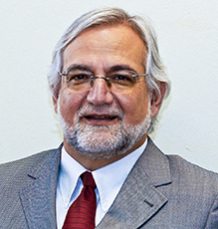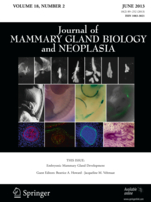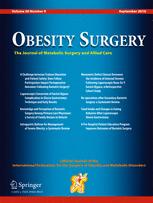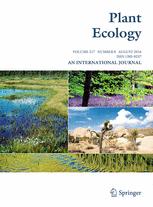 Note to self: If you’re going to duplicate your own work, don’t copy from papers that plagiarize others’ research.
Note to self: If you’re going to duplicate your own work, don’t copy from papers that plagiarize others’ research.
Just such a mistake has cost a PhD candidate three papers — although his co-author argues that a company is in part to blame.
Hossein Jafarzadeh, who is studying mechanical engineering at the University of Tehran, apparently asked a company to complete photomicroscopy for his work. Instead of doing to the work, the company provided him with an image taken from another paper, according to Karen Abrinia, his co-author, who is based at the same institution.
That’s the explanation that Abrinia gave when we asked about three retractions that the pair share, at least.
What the notices tell us is a little more convoluted. Plagiarized material from two different papers ended up in two different papers by the pair. Then, the researchers copied from their own papers in a third paper. (We’re unclear if Abrinia attributes every step of the mess to a company or not. Confused yet?)
Continue reading A plagiarism loop: Authors copied from papers that had copied from others




 With retraction notices
With retraction notices 



 With so many
With so many